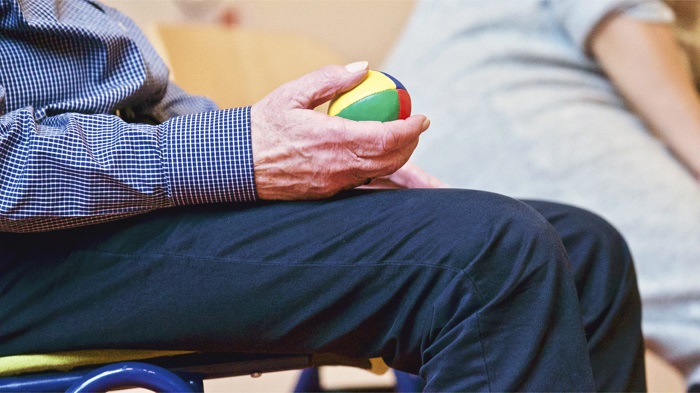When living in a small suburban or rural neighborhood, medical care isn’t always as readily available as it is in more highly populated areas. It’s still possible to live in a small town without forfeiting adequate healthcare, but to do so, you’ll have to plan accordingly. Here are four healthcare tips for residents of small towns.

Know the Location of the Nearest Major Hospital
In some small rural towns, there is a well-equipped hospital within the town limits. However, many rural residents are forced to drive longer distances in an emergency or when specific procedures are required. Because of this, it’s crucial that you not only know the location of the hospital closest to you, but also are familiar with the fastest ways to drive there. Have a plan for reaching the hospital quickly in the event of an emergency, and take a practice drive from your home to the hospital to learn the best routes to take.
It’s also advisable to consult with a group like the Rural Health Services Consortium Inc. or someone similar to see what sort of options are available in your area. You may be surprised at what you find.
Schedule Regular Checkups
While everyone should be seeing their physician for a checkup at least once a year, this is especially key for small-town residents. Many serious medical conditions, such as cancer, heart conditions and high blood pressure, are much easier to treat if discovered in the earlier stages. Because of this, you’ll want to schedule regular checkups and avoid skipping appointments, and it’s also a good idea to see a physician multiple times a year if you are elderly or have a family history of serious medical conditions.
Keep your Medicine Cabinet Stocked
No matter how prepared you are, your own supplies will never be a substitute for a properly-equipped medical facility, but having a wide variety of first-aid supplies on hand can be a lifesaver.
If an emergency does occur and somebody needs to be rushed to the hospital, having a variety of bandages, antibacterial agents, anti-inflammatory drugs and painkillers can help keep them alive long enough to reach the hospital. In addition, if you or a family member suffers minor injuries or illnesses, having your medicine cabinet stocked may allow you to treat the problem yourself, rather than taking a long drive just to have a cut looked at.
Be Aware of Telemedicine Opportunities
A relatively new practice, ‘telemedicine’ refers to the process of health care professionals offering diagnoses, advice and treatments to patients using telecommunication technology. While it isn’t the same as a full, in-person medical evaluation, if you live in a small town where the nearest facility is far away, opportunities to receive medical advice via telemedicine may still be present. Even from a distance, doctors can give healthcare advice and advise you on ways to treat medical conditions.
Overall, receiving adequate healthcare in small towns can be difficult, but it is certainly possible with the right preparations. Be sure to know the location of your nearest hospital, receive regular checkups, and take advantage of telemedicine opportunities if they’re present, and you’ll be able to receive professional medical care no matter how far off the beaten track you live.
Emma Sturgis
Recent Posts
- Castor Oil For Better Hair Growth: Is It Myth Or Fact?
- Exploring the Differences Between Sermorelin, Ipamorelin, Ibutamoren, GHRP2, and GHRP6: Understanding Their Role in Human Growth Hormone Regulation
- Unraveling the Mystery: Understanding the Causes and Prognosis of Ventricular Tachycardia Without Apparent Heart Disease
- Understanding Grandparents’ Rights in Oklahoma: Navigating Visitation and Legal Protections
- 10 Reasons to Consider Hypnotherapy for Your Health

